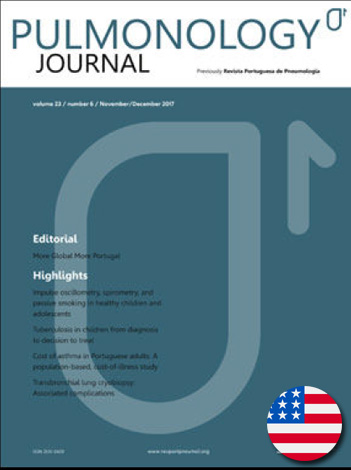
Autores
H.Amirfarzan, M.Cereda, T.G.Gaulton, K.B.Leissner, A.Cortegianid, R.Schumann, C.Gregoretti
Publicação: Pulmonology – Volume 1, Edição 8
Ano: 1 de fevereiro de 2021
DOI: 10.1016/j.pulmoe.2021.01.008
Download
https://doi.org/10.1016/j.pulmoe.2021.01.008
Abstract:
COVID-19 has placed a significant strain upon healthcare resources at a global level and refractory hypoxemia is the leading cause of death among COVID-19 patients. The management of limited resources such as mechanical ventilators has remained a contentious issue both at an individual and institutional level since the beginning of the pandemic. As a result, the COVID-19 pandemic has presented challenges to critical care practitioners to find innovative ways to provide supplemental oxygen therapy to their patients. We present a single-center experience: a case series of five COVID-19 infected patients managed with a novel approach to provide supplemental oxygen and positive end-expiration pressure (PEEP) via the helmet. Three of the five patients responded to therapy, did not require intubation, and survived to discharge. The other two patients continued to deteriorate clinically, required endotracheal intubation, and subsequently expired during their hospitalization. We extrapolated our accumulated experience with non-invasive oxygen support by helmet in COVID-19 patients to a non-COVID-19 postoperative patient who underwent sinus surgery and developed hypoxemic respiratory failure also resulting in avoidance of endotracheal intubation. We conclude that oxygen therapy via a helmet is a safe, cost-effective technique to prevent intubation in carefully selected patients with infectious and non-infectious causes of hypoxic respiratory failure. Our positive experience with the system warrants further large-scale study and possible technique refinement.
